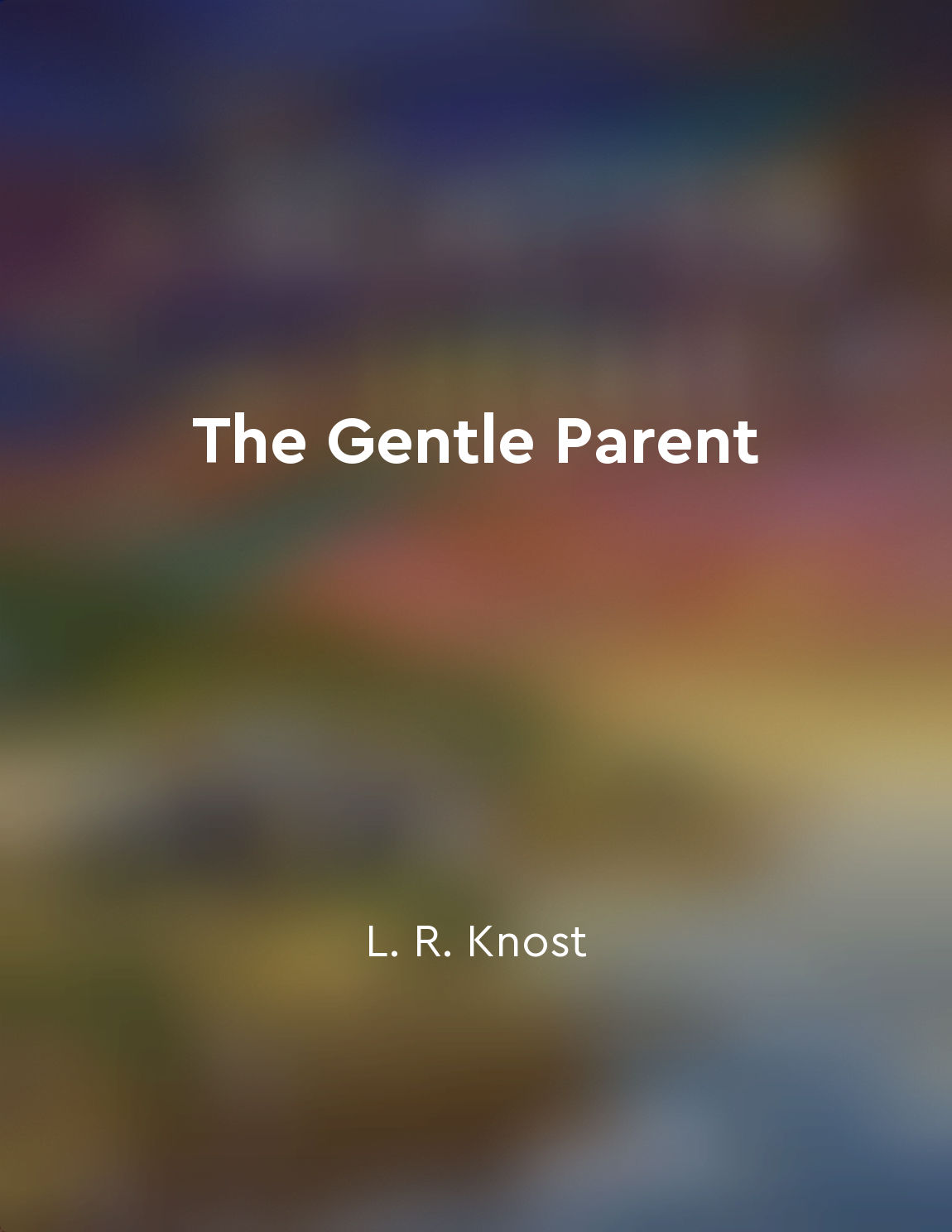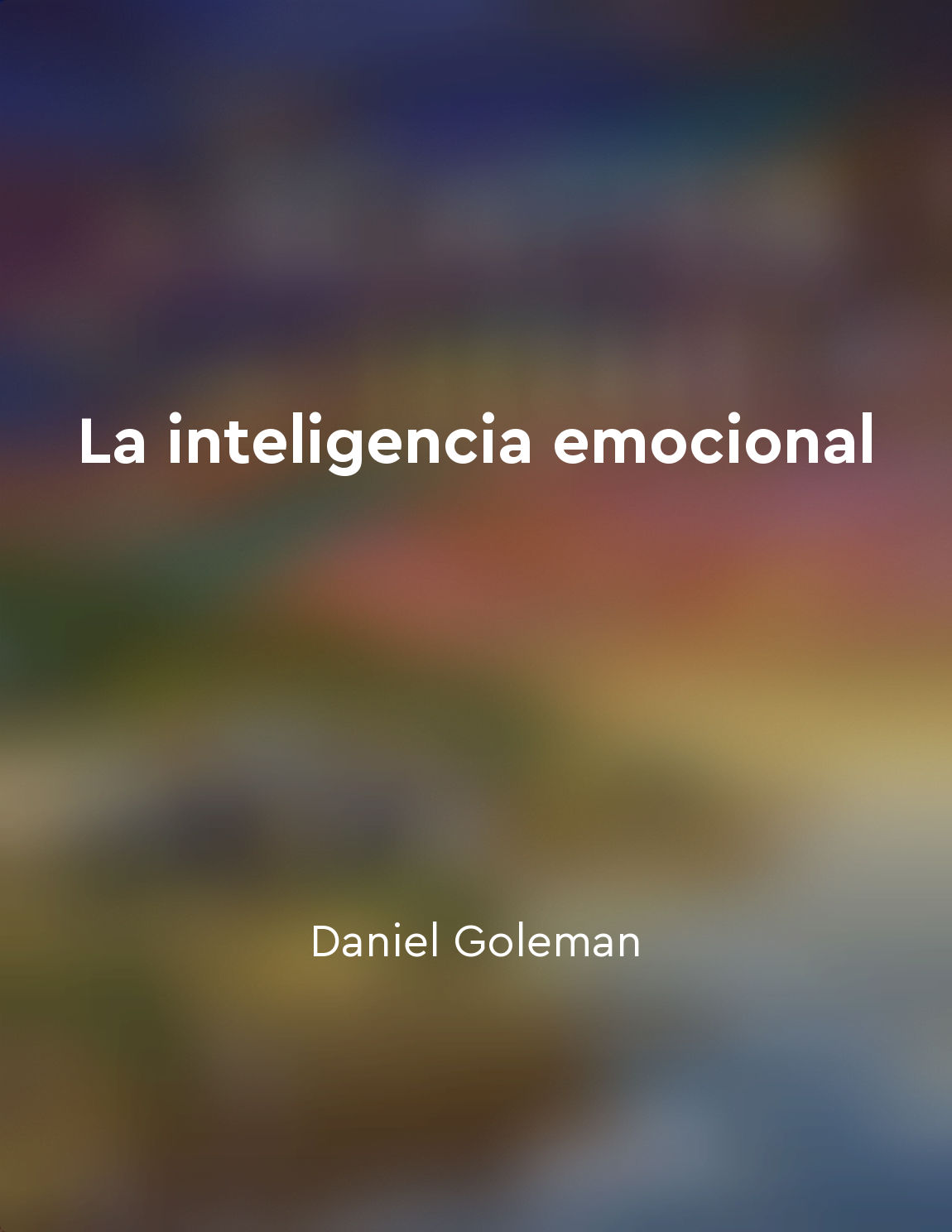Foster secure attachment through empathetic responses from "summary" of The Whole-Brain Child by Daniel J. Siegel,Tina Payne Bryson
When children feel scared, upset, or overwhelmed, they need to know that their parents or caregivers are there for them. This is where the concept of fostering secure attachment through empathetic responses comes into play. When a child is upset, they are looking for comfort, reassurance, and understanding from the adults in their lives. By responding to their emotions with empathy, we can help them feel safe and secure. Empathy involves tuning in to a child’s emotions and reflecting back what they are feeling. This can help the child feel understood and validated, which in turn can help them regulate their emotions. When we respond empathetically to a child’s emotions, we are helping them develop a sense of trust and security in their relationships. Empathetic responses can take many forms, from simply acknowledging a child’s feelings to offering comfort and support. When a child is upset, it is important to first validate their emotions by saying things like, “I can see that you are feeling really sad right now.” This lets the child know that their feelings are important and that they are being heard. After validating the child’s emotions, it is important to offer comfort and support. This can involve physical gestures like hugs or holding the child’s hand, or simply offering words of reassurance. By responding empathetically in this way, we can help children feel safe and secure in their relationships with us.- We are helping children develop important skills for regulating their emotions and forming healthy relationships. When children feel understood and supported, they are better able to navigate the ups and downs of life with resilience and confidence. Ultimately, by responding empathetically to children’s emotions, we are helping them build a strong foundation for emotional well-being that will serve them well throughout their lives.
Similar Posts

Teach children to problemsolve and think critically
Encouraging children to think deeply and critically about the world around them is a pivotal aspect of gentle parenting. By fos...

Be present and attentive to your baby's needs
To truly connect with your baby, you must be present and attentive to their needs. This means being fully engaged with your bab...

Love is essential for emotional and physical wellbeing
Love is not just a luxury, an added extra, something we can take or leave. It is a vital nutrient for our emotional and physica...
Prioritize selfcare and well-being
In order to lead a happy and fulfilling life, it is essential to prioritize self-care and well-being. This concept is not only ...
Be a good listener and offer support to others in times of need
Being a good listener is one of the most important skills you can develop when it comes to building strong connections with oth...

Practicing mindfulness enhances emotional wellbeing
Mindfulness is a powerful tool that can help us regulate our emotions more effectively. When we practice mindfulness, we are tr...

Mindfulness helps us stay present and control our reactions
Mindfulness is a powerful tool that allows us to be fully present in the moment, aware of our thoughts, feelings, and surroundi...
Building emotional intelligence requires selfreflection and practice
Developing emotional intelligence is a journey that demands introspection and dedication. This process involves looking within ...

Communication is key in any successful partnership
Effective communication is the bedrock of any thriving partnership. Without clear and open lines of communication, misunderstan...
Mindfulness can be integrated into daily routines
One of the key principles that can be gleaned from 'The Mindful Child' is the idea that mindfulness is not something that needs...

